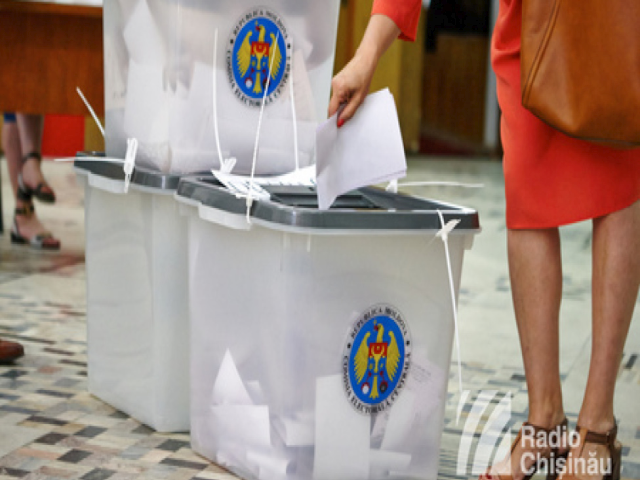The EU on the elections in the Republic of Moldova
In its relation with the Republic of Moldova, the EU will further rely on the principle of conditionality and the observance of the rule of law and democratic standards.

Daniela Budu, 27.02.2019, 12:56
The European Union expresses its
readiness to cooperate with the future government in Chisinau if the latter
backs the reforms included in the Republic of Moldova-the EU Association
Agreement, particularly those related to the fight against corruption, ensuring
the independence of the judiciary and depoliticising the state institutions.
According to the European External Action Service (EEAS), the EU will further
rely, in its relation with the Republic of Moldova, on the principle of
conditionality and the observance of the rule of law and democratic standards. Brussels
recalls that Sunday’s parliamentary elections in Moldova were based, for the
first time, on the mixed voting system, criticised by the European
institutions, and the way in which the elections unfolded confirms the need for
further efforts to harmonise the electoral legislation.
International observers say the
elections in the Republic of Moldova, a former Soviet state with a
predominantly Romanian speaking population, were carried out in keeping with the
legal provisions and democratic standards in the field, some deficiencies
having been singled out, both during the electoral campaign and on the day of
the ballot. The OSCE observers have signalled cases of vote buying, abusive use
of administrative resources and attempts to hinder the electoral process in the
Diaspora, but they consider that, overall, the ballot in the Republic of
Moldova was held with the observance of the fundamental rights. In another
move, the Civic Coalition for Free and Fair Elections in Chisinau has deemed
the elections as unfair and partially free. The President of the Republic of
Moldova, Igor Dodon, has warned he will call for early parliamentary elections
if the parties fail to forge a government coalition, after Sunday’s unclear
ballot.
Bucharest considers that only the European
option can ensure the prosperity of the citizens of the Republic of Moldova.
According to pundits in Bucharest, it is very important for the future
coalition in Chisinau to be set up transparently and correctly, and one of the
first actions to be taken in the economic field should be resuming negotiations
with the EU. Although the Republic of Moldova has had to do without EU funding
for a while, the lack of European investments in the Moldovan economy is
visible, economic expert Veaceslav Ionita underlines: As
they haven’t received foreign funding, they had to cut all investment and to
pay pensions and salaries. The strategy they have pursued over the last two
years, namely cutting investments to pay salaries, is a strategy to overcome a
difficult situation. Now you are obliged to restore relations with foreign
partners, because you can’t go on forever without making investments.
Following Sunday’s parliamentary elections, the left-of-centre
Socialists’ Party, a promoter of special relations with Russia, has won 35 MP
seats, the Democratic Party 30, the pro-European opposition 26 and the left-of-centre SOR Party
7 seats, while 3 independent candidates have also secured seats in the new Parliament.






























